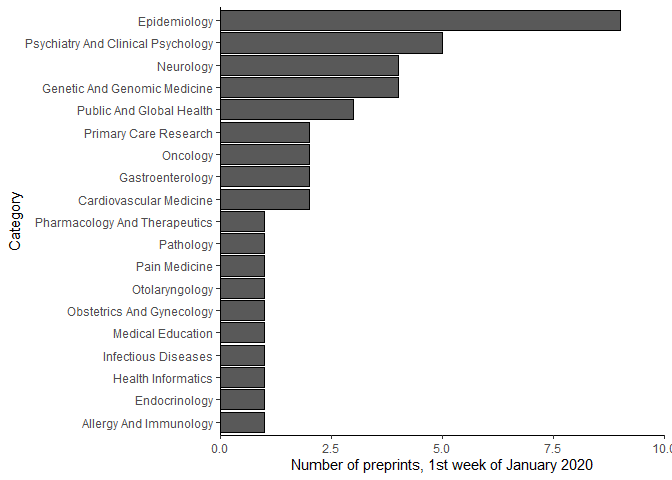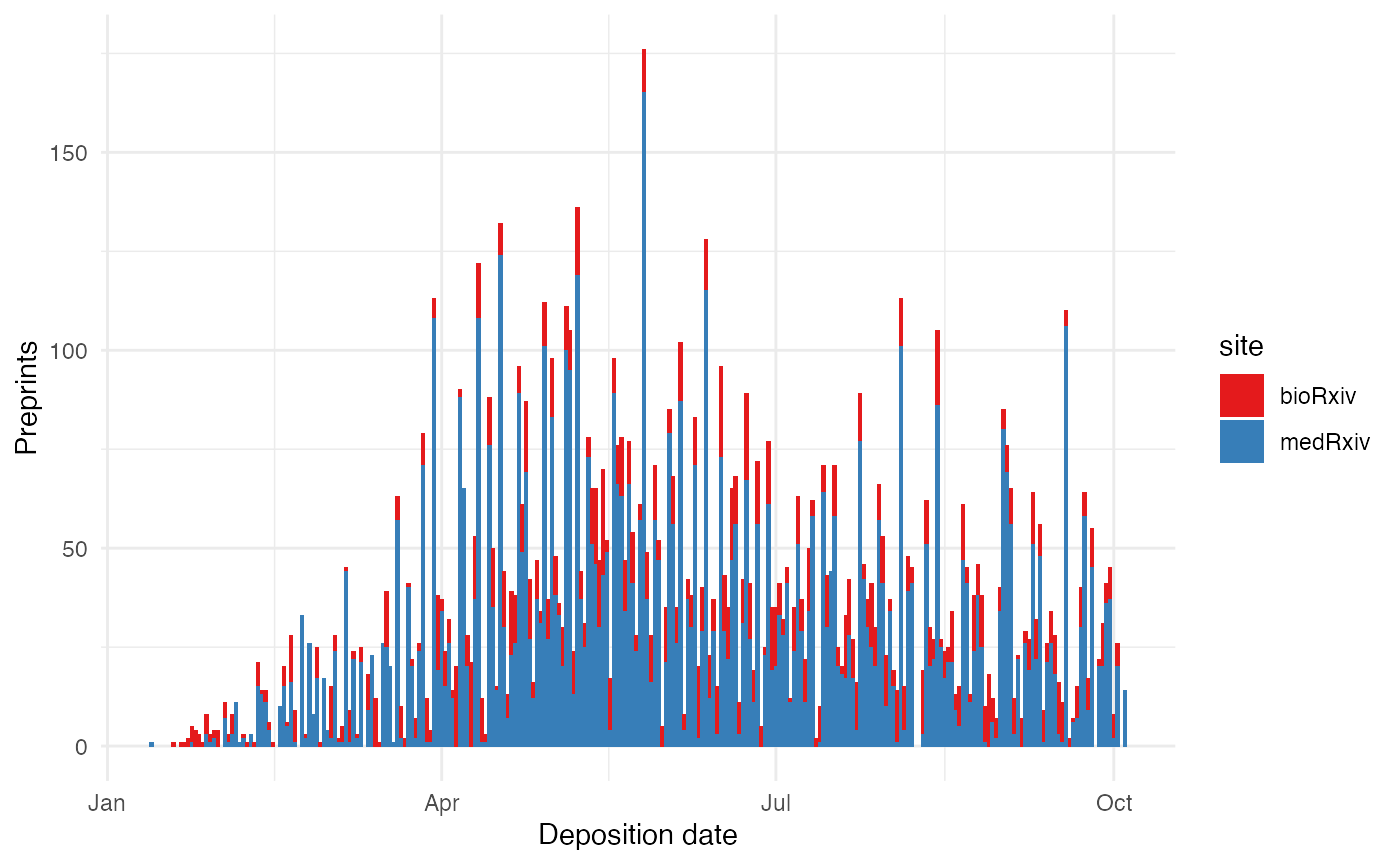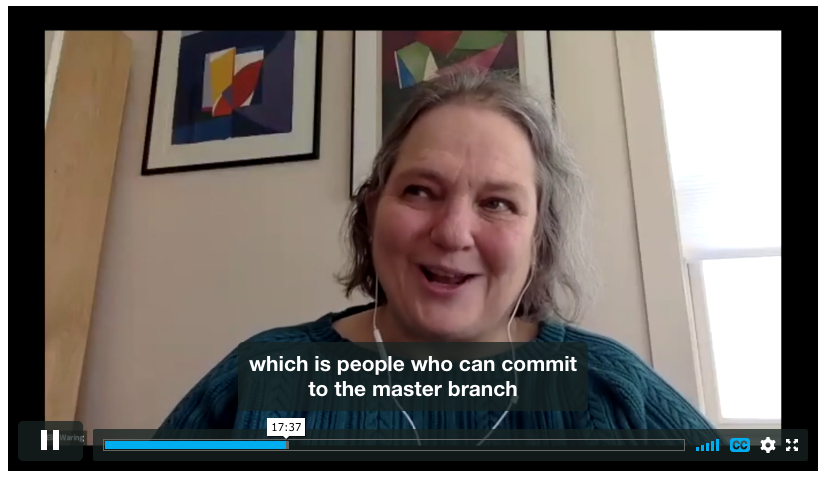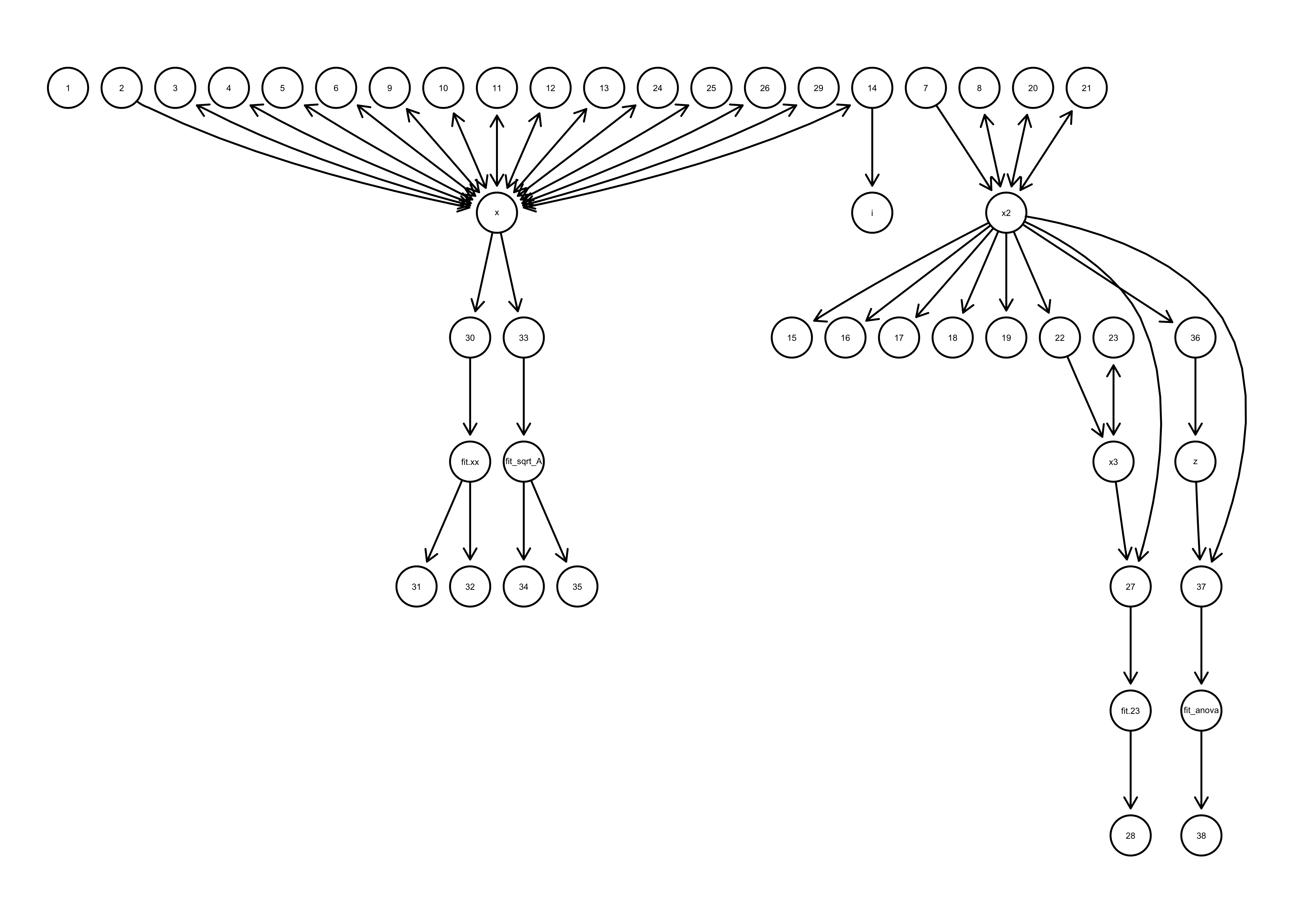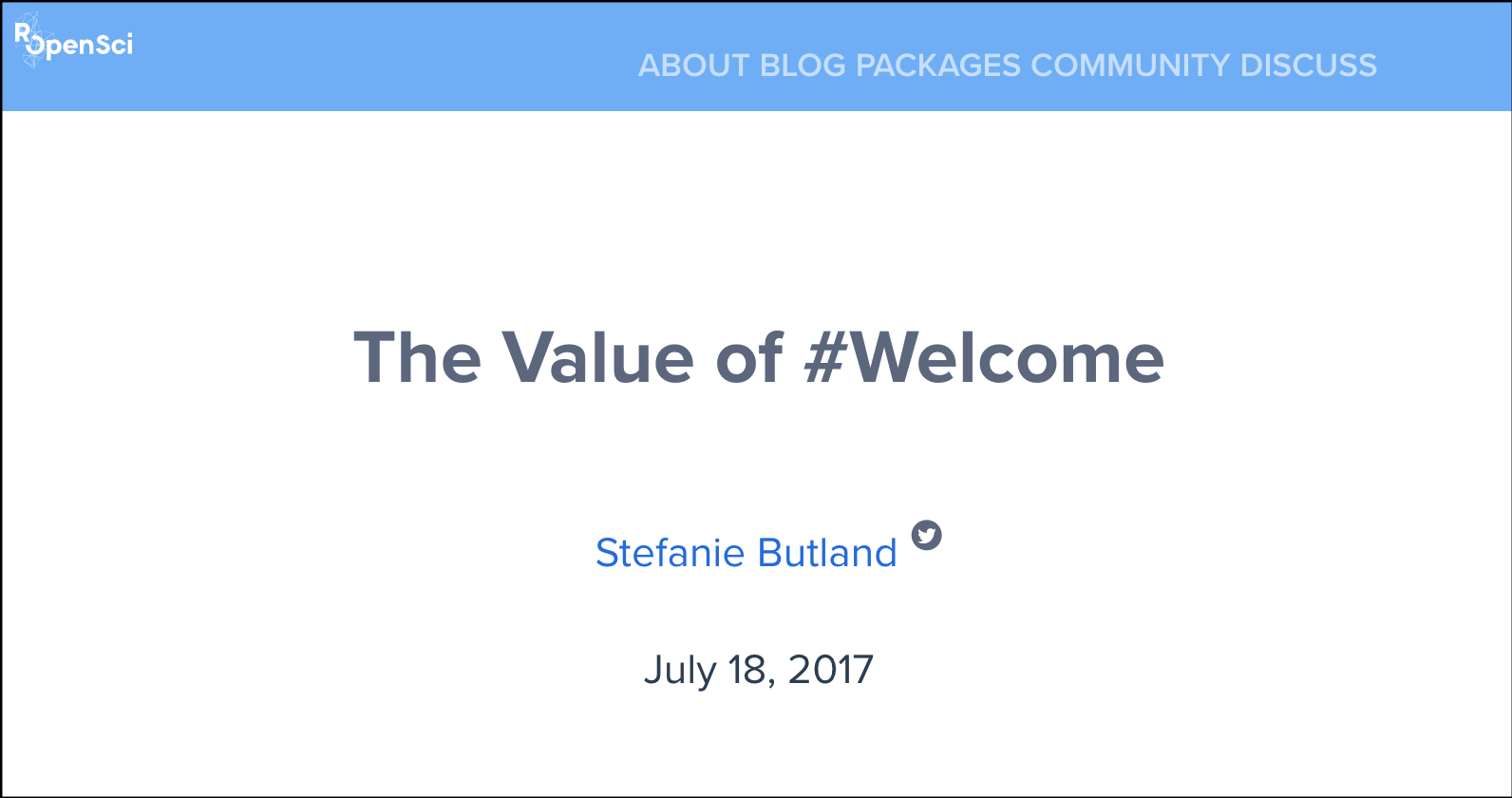
With this blog post, I show how to use the mcbette R packagein an informal way.A more formal introduction on mcbettecan be found in the Journal of Open Source Science 1 .After introducing a concrete problem, I will show how mcbettecan be used to solve it. After discussing mcbette, I will conclude withwhy I think rOpenSci is important and how enjoyablemy experiences have been so far. The problem Imagine you are a field biologist.

